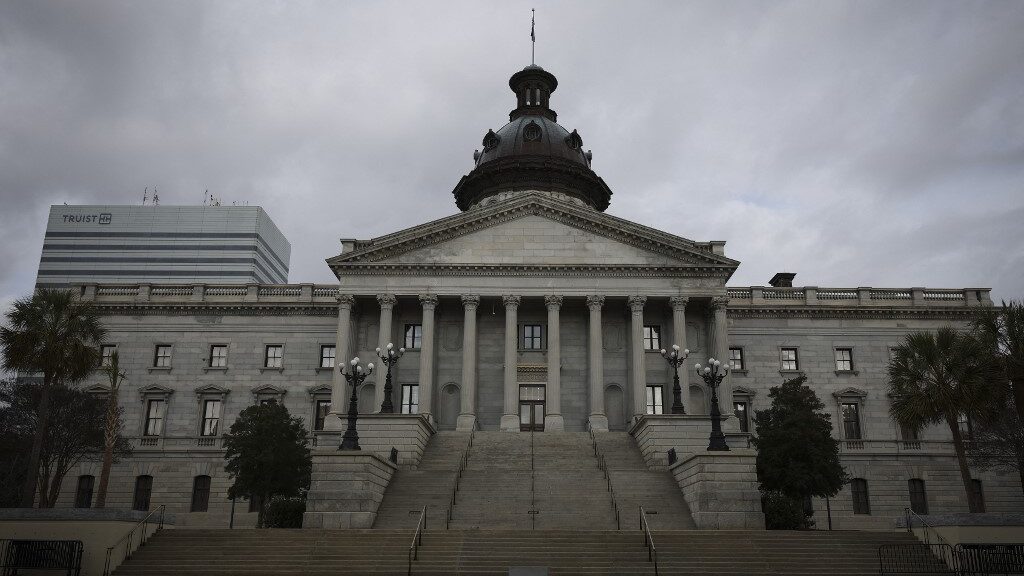
Although Palmetto State is one of the least-friendly gambling sites, sports betting in South Carolina is expanding more and more and could now go digital.
Rep. Christopher Murphy’s mobile sports betting legislation recently passed the House Ways and Means Revenue Policy Subcommittee and will now advance to the full Ways and Means Committee for review.
First Time’s a Charm?
This is the first time Rep. Christopher Murphy’s bill, HB 3749, has seen the light of day in the legislature and it is relatively unique in that it calls for digital-only betting much like Tennessee and Wyoming. Most sports betting bills have both retail and online sports betting included but studies have shown that in-person sports betting pales in comparison to mobile betting with the latter average or more of the total volume.
“I recognize how much of this is going on illegally and unsanctioned, and without any sort of oversight,” said Ways and Means Chairman Bruce Bannister, R-Greenville. “It doesn’t make sense for us to put our head in the sand and pretend like it’s not going on and that the government shouldn’t have some role in making sure the folks who are taking those bets are legitimate operators.”
The unregulated betting Bannister is referring to is the reported $2.3 billion in sports wagers that are facilitated through either local bookies or offshore sportsbooks in the state. There is also a horse racing bill in the House that is separate from Murphy’s sports betting legislation.
“South Carolina’s historically very socially conservative, and gambling is considered something that’s not in line with those views,” Bannister said. “I think it’s a harder issue to talk about.”
But despite the influence of the holy-rollers in Southern Conservative states, who often douse the flames of any gambling legislation, the mainstream acceptance of sports betting throughout the U.S. and the bundles of beaucoup dough it brings to state and municipal governments is becoming increasingly difficult for politicians to ignore.
What’s in the Bill?
Unlike many states where the minimum age to gamble is 21, South Carolina allows those who are 18 and older to purchase lottery tickets and will follow that blueprint for sports betting. It is also one of the few states in which a bill is exclusive to mobile sports betting without any retail sports betting language.
Mobile platform providers would pay a $50,000 application fee that would be fully refunded if they failed to be approved for a license. However, once approved, an additional $450,000 would be required to obtain a license. The online sportsbooks chosen must be active in at least five other states to be considered for a license in South Carolina.
“You can’t be some fly-by-night operation,” Murphy said. “These will be established entities that come to South Carolina.”
A nine-member commission would select four platform providers while NASCAR and the PGA, which hold events at Darlington Raceway and Hilton Head Island, respectively, would also get a license each for a total of six licenses. Both groups have been advocating for sports betting in South Carolina, stating it increases fan engagement and interest.
The state would tax the mobile sportsbooks at a rate of 10% of their adjusted gross revenue which, according to studies, would generate approximately $23 million per year for South Carolina. Under the current bill, 80% of the revenue generated would be earmarked for the state’s general fund, 15% would go to local governments, and 5% would be given to responsible gaming oversight and problem gambling programs.
*Bookmakers Review will continue to monitor this story and update our readers as events unfold.














